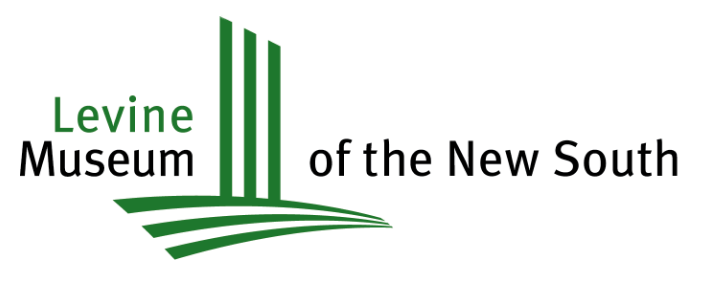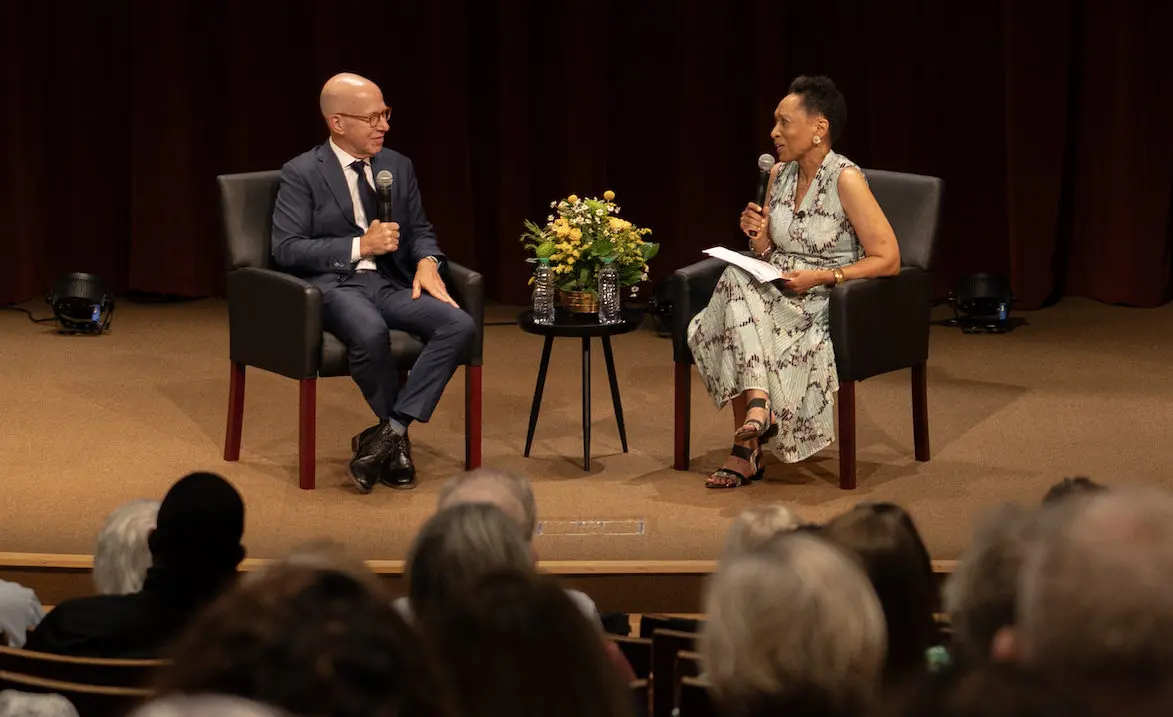‘Charlotte: Moving Forward, Looking Back’ tells inclusive story of Native settlement to present; shines spotlight on people, things that shaped the Queen City
CHARLOTTE, NC — Levine Museum of the New South will soon unveil an exhibition that addresses Charlotte’s history from the earliest days in an inclusive, thought-provoking way.
“Charlotte: Moving Forward, Looking Back” opens March 9 and illuminates a rich tapestry of the region’s history, from Native settlement to the present day. Highlighting pivotal industries, struggles for equality, immigration and its impact, and the city’s identity as part of the New South, the exhibition explores the forces that have shaped the Queen City.
“During our research for this exhibition, our team at Levine Museum was deeply moved by the resilience and contributions of those who have shaped Charlotte,” says Franky Abbott, Levine Museum Chief Content Strategist.
This exhibition will serve as an educational hub for Charlotteans, visitors and school groups, providing a dynamic space in which to engage with the city’s complex narrative and understand its evolution into the urban center it is today.
Key artifacts in the exhibition include:
- A wooden ballot box from the early 1900s, emblematic of the struggle for voting rights in Mecklenburg County, donated by the Mecklenburg County Board of Elections
- An issue of “Sinister Wisdom,” a pioneering lesbian periodical founded in Charlotte in 1976
- A sweater worn during 12 civil rights marches by Dr. Reginald Hawkins, an activist and Johnson C. Smith University alumni, who was the first African American to run for Governor of North Carolina
“We actively engaged with our community throughout the exhibition’s development,” says Richard Cooper, Levine Museum President & CEO. “We want to ensure diverse voices are heard and reflected in this new exhibition.”
The museum conducted a survey — Charlotte by Charlotte — in Spring 2023, and worked with a panel that represented Charlotteans from diverse communities.
Among those who shaped Charlotte featured in the exhibition:
- John T. Schenck (1824-94): Born enslaved, he purchased his freedom and was a Union soldier during the Civil War. In Reconstruction, Schenck was speaker of the 1882 North Carolina Republican Convention, and Charlotte’s first Black police officer.
- Janice Covington Allison (1967-2021): The first openly transgender woman from North Carolina elected to be a delegate to the Democratic National Convention in Charlotte in 2012. Allison served in the US military in the 1960s, and as a fire chief. In the early 2000s, Covington founded TransCarolina, an organization addressing workplace rights and serving as a social group for trans people in North Carolina.
- Tony Arreaza: A guitarist from Venezuela who moved to Charlotte in 1993 and found a niche nurturing the city’s burgeoning Latin music scene. Arreaza is founder of Carlotan Talents (Charlotte Talents), a production company that promotes Latinx performers.
Reflecting Levine Museum’s commitment to accessibility and inclusivity, the exhibition features robust digital interactives exploring topics such as mill workers’ lives, neighborhood evolution, and immigrant experiences.
Community events tied to the exhibition, including programming for families, students, and adults, will happen later this year, Abbott says. The exhibition is designed to evolve alongside the museum’s pursuit of a new permanent home in the coming years.
“ ‘Charlotte: Moving Forward, Looking Back’ promises to leave a mark on Charlotte’s cultural landscape that will continue to flourish, as the exhibition will grow when the museum moves into a new permanent home,” says Ty Niess, Levine Museum Board Chair.
The museum at 401 S. Tryon St., is open 11 a.m. – 5 p.m. Tuesday-Friday, 10 a.m.-5 p.m. Saturday, and noon-5 p.m. Sunday. Admission is free.


